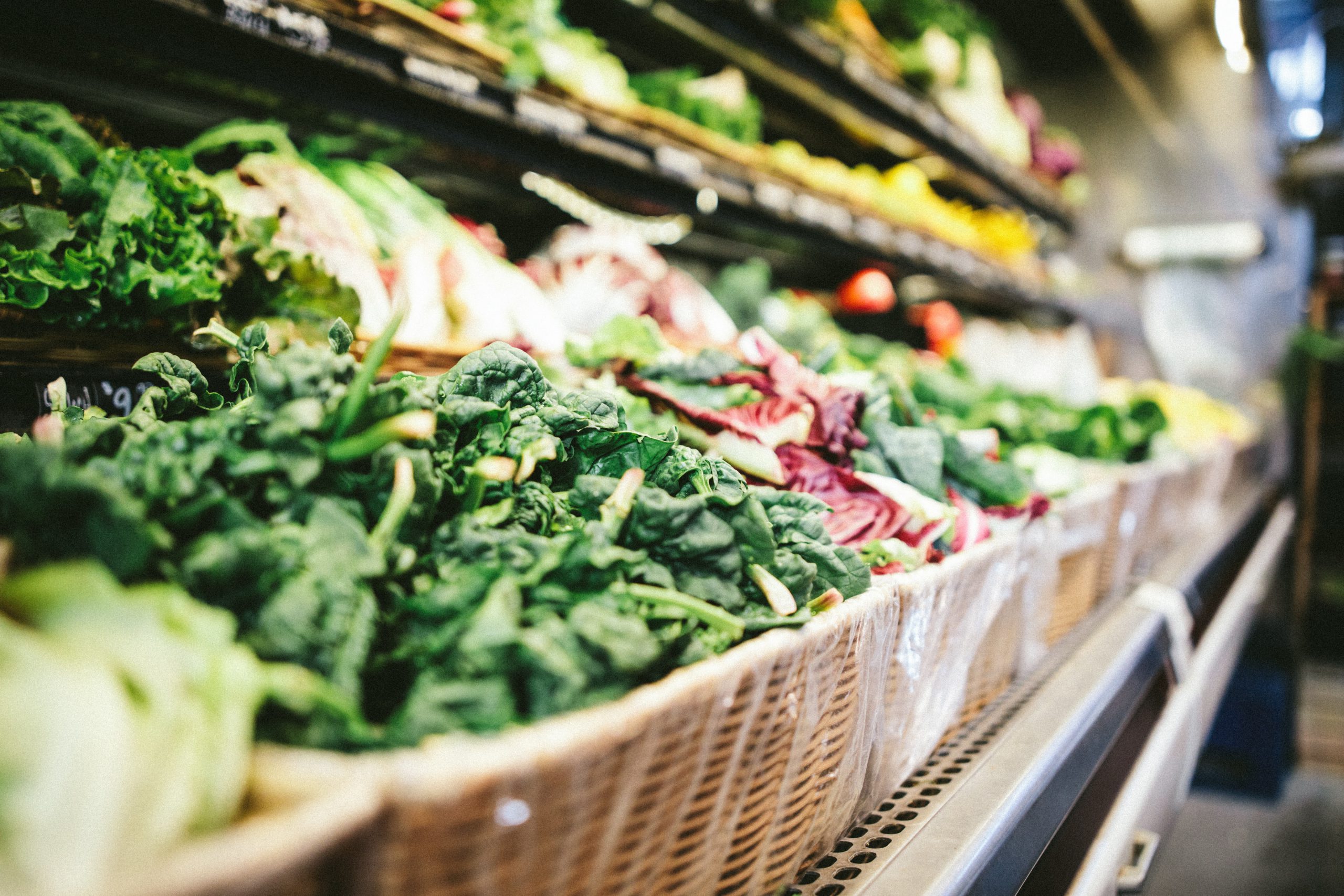“You cannot get through a single day without having an impact on the world around you. What you do makes a difference, and you have to decide what kind of difference you want to make.”
Jane Goodall
Not having to deal with producing what we consume is one of the most distinctive aspects of modern life. This entails many benefits, but also disconnects us from the processes of producing the food, clothing and the myriad of articles and goods that we consume on an ongoing basis.
This limited perception, combined with cultural trends that promote excessive consumerism, has contributed significantly to the intensification of the climate crisis and other serious environmental and social problems.
Ethical consumption is a movement that encompasses a set of principles and practices aimed at countering excessive consumption patterns, based on the power and responsibility that citizens have when purchasing.
Bearing in mind its importance, our training programs include content that promotes ethical consumption in the citizen and business environments as a key element of the circular economy. Additionally, we develop activities to boost ethical consumption at the hyperlocal level with a focus on proximity trade, resource sharing and food coops.

